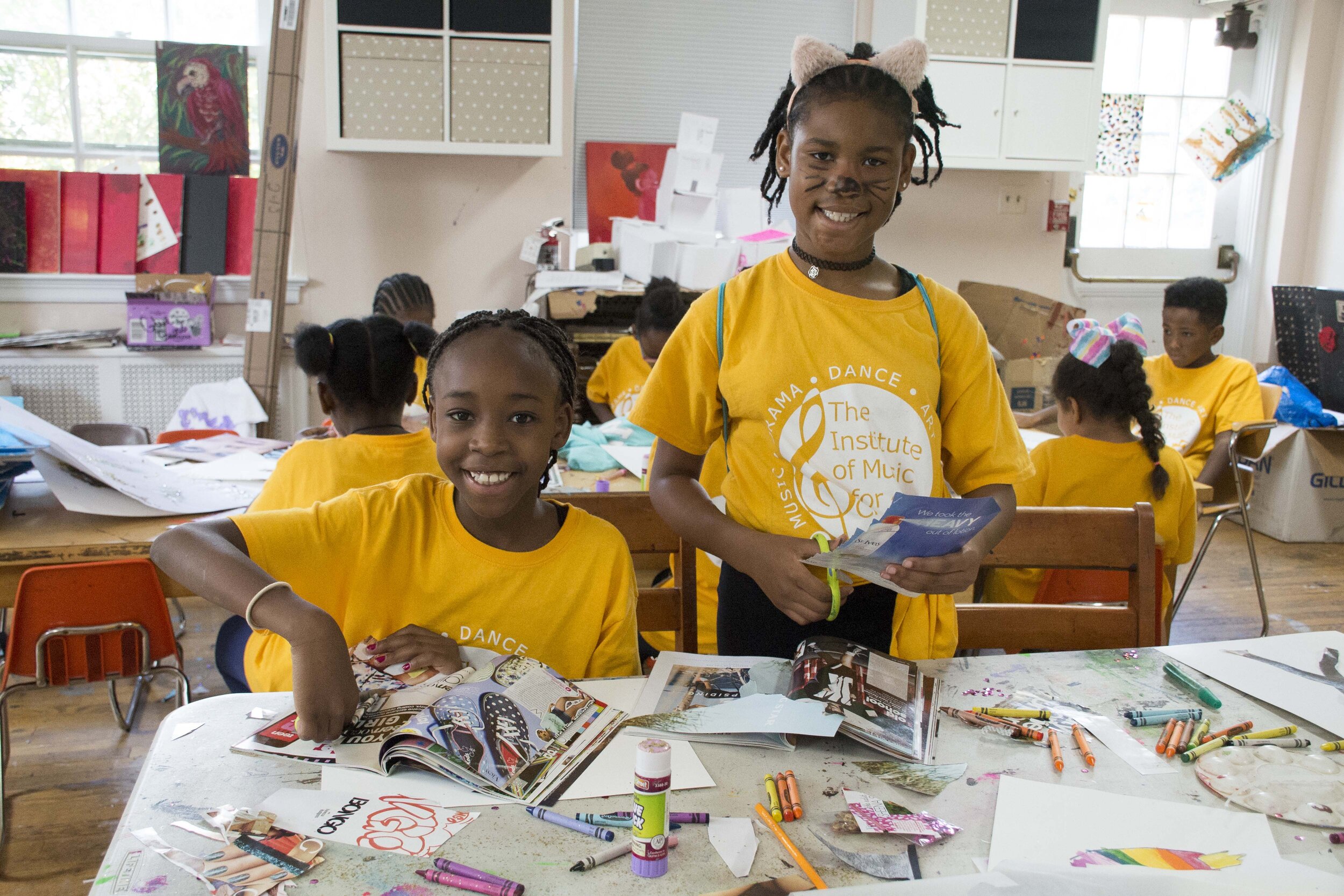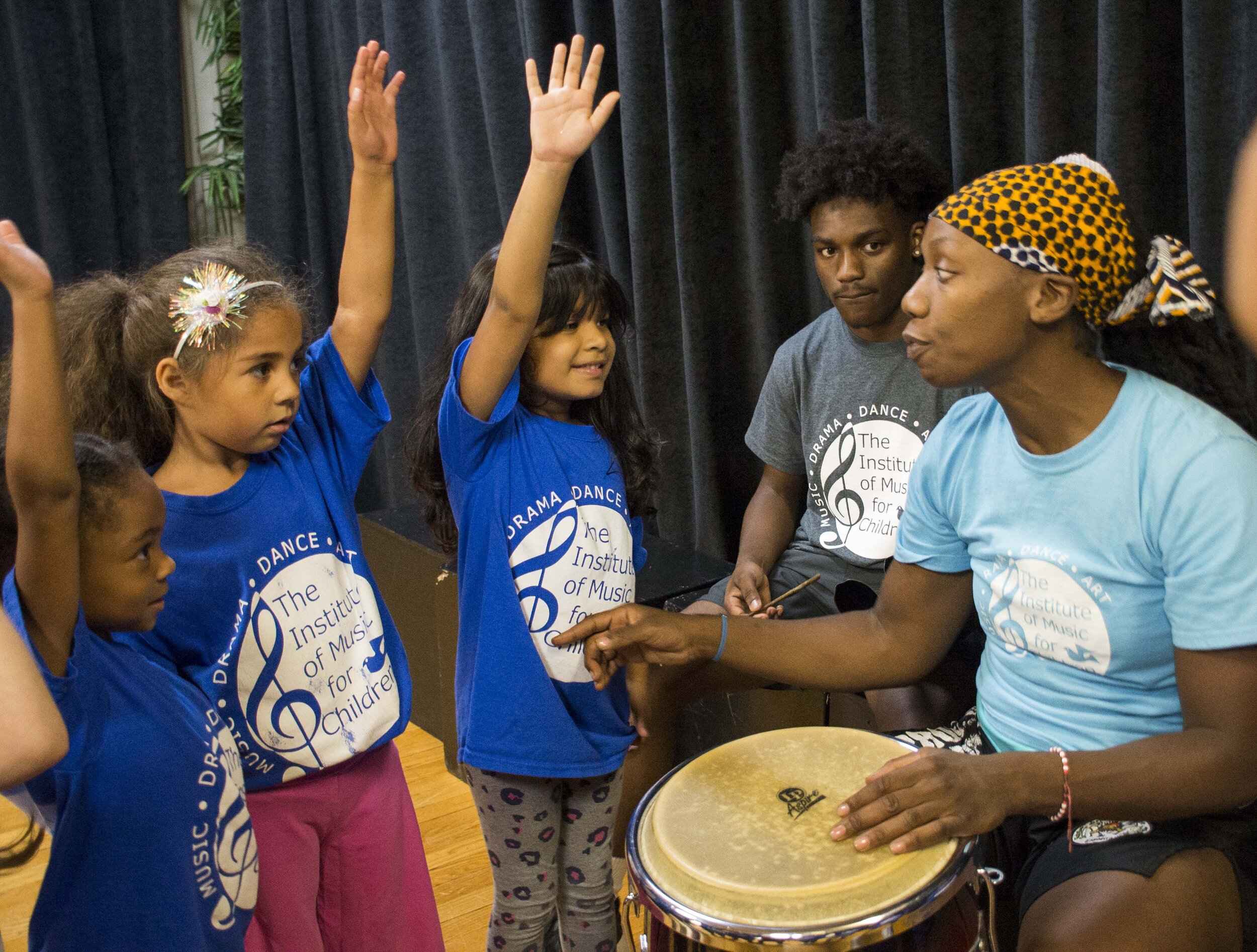By: Jacqueline Zemba*
My last semester of college this past spring was not at all how I expected to complete my four years of higher education. My journey as a college student was anything but linear and I had taken a few turns off the beaten path—but I never anticipated I would be graduating in the middle of a pandemic. I was not prepared for this sort of ending, but I think it is safe to say the entire world was not ready for COVID-19. Although I knew my introduction into the adult world would be scary and unfamiliar, I did not know I would be entering into a system where everyone was fearful, confused, and hopeless about the future. But, thankfully, this happens to also be the start of my story with the Institute.
Graduating with a major in Sociology and a minor in International Politics, I knew I had wanted to be a part of the solution. As a fixer, I was overwhelmed with where to start my journey of healing. Which problem do I tackle first if the entire world deserves to have a reset button? When I was presented with the opportunity to work with the Institute, I knew immediately this was where my journey began.
I was new to working in the nonprofit industry but was somewhat familiar with how the nonprofit world has evolved into just that—an industry. The current avenues for community relief and support reflect how many systems function in this society—as a means to keep power in the hands of those who always had it. A clear path for change was no longer clear to me and I did not want to choose a path that would inevitably lead to inflicting more harm on communities that have been slammed for centuries. Systems are quick to assume what is best for communities without taking the time to actively listen and implement positive changes. As a white, middle class woman being presented with the opportunity to work and learn from an entirely Black and Latino led organization, I knew this was my time to watch and listen.
I was introduced to the Institute while applying to be a service member through AmeriCorps. The four key goals of the VISTA program are to end poverty, empower communities, build capacity, and create sustainable solutions. Through the AmeriCorps VISTA program, I am able to work with an organization to advocate for and uplift a low-income community through the work of capacity-building. Having been overwhelmed in the past on ways to implement change, this aspect of the VISTA program training was extremely beneficial in narrowing my focus.
I knew I wanted to tackle issues systematically and the VISTA program contextualizes that for me. While these activities are necessary, they do not address the improvement of systems themselves. As a VISTA service member, my mission is to help facilitate growth and long-term sustainability so that the organization can serve a greater number of people, run more efficiently, address a greater scale of community needs, and effectively service the Elizabeth, NJ community and its surrounding neighbors.
I have been gifted with the chance to learn from an organization who puts the needs of a community front and center and feverishly defends their mission to empower and uplift those who were purposely let down by a system. With my racial and economic privilege, it is rather easy for me to wrongly assume a plan of action for a community that does not look like my own. But these assumptions have only served to inflict more harm and trauma on communities looking for relief, empathy, and understanding. As a white, middle-class woman who was gifted the opportunity to work for a Black and Latino non-profit organization, it is my obligation to listen and learn. My sociology and politics education were absolutely invaluable and they have changed me into the person I am today. I still frequently visit books that were assigned for me to read and critically examine the world. But it would be extremely dangerous and ignorant for me to assume my college education is where the listening and learning stop.
Through my VISTA service work, I will get to work with extremely talented and inspiring staff, students, families, youth leaders, artists, and teachers to provide well-deserved resources and support, as well as transformative arts and music education. Guided by its vision of HARMONY – Helping Achieve Responsible, Motivated, Optimistic Neighborhood Youth – the Institute of Music for Children is building a community of high-achieving citizens who are arts lovers and arts makers through professional instruction, mentorship, and family engagement. Each year, the Institute provides over 1,000 New Jersey youth with affordable, high-quality arts training in a creative and nurturing environment. The Institute broadens participation in the arts in underserved communities through tuition assistance, bi-lingual staff and promotional materials, and urban outreach initiatives.
The Institute of Music for Children believes that our youth are filled with imagination and inspiration. It believes that economics and disenfranchisement rob them of equal opportunities for creative expression and personal development. And it also believes that access to high quality creative outlets sets them on the path to success, both now and in the future.
The Institute has gifted me the chance to learn how to uplift a community, by its community members. With determination and hope, the Institute continues to move forward with the well-being of its community members at the forefront of its mission. This is where the real change occurs—and I can only hope the world follows in the Institute’s footsteps.
*Jacqueline Zemba
Jacqueline Zemba is a recent graduate of Ithaca College and completed her Bachelor’s degree in Sociology with a minor in International Politics.
-
Zemba, J. (2021, January 6). Program Spotlight: Institute of Music for Children. Creative Generation Blog. Creative Generation. Retrieved from https://www.creative-generation.org/blogs/program-spotlight-institute-of-music-for-children





